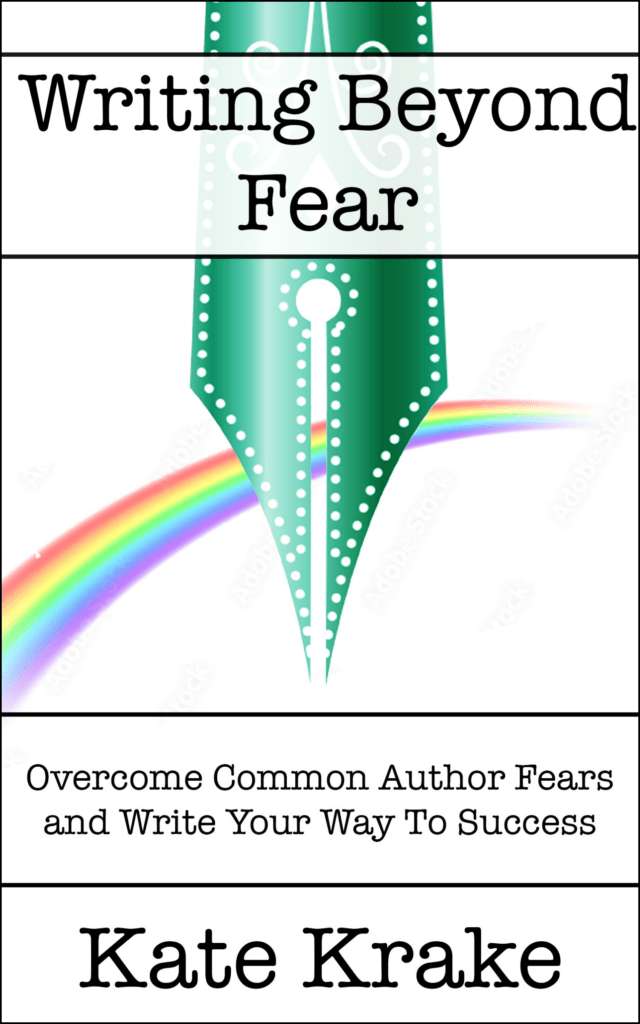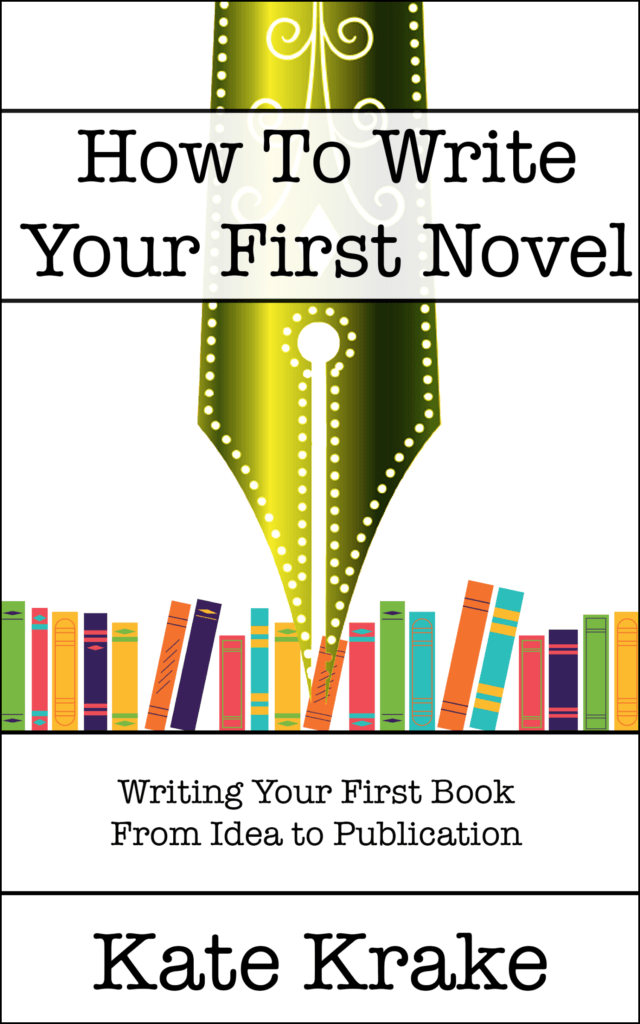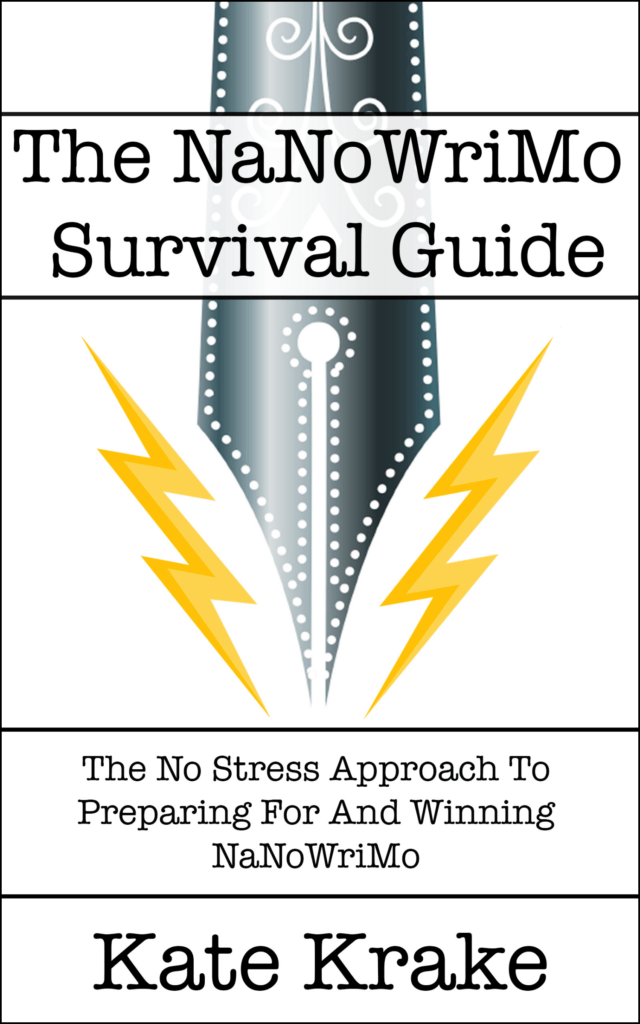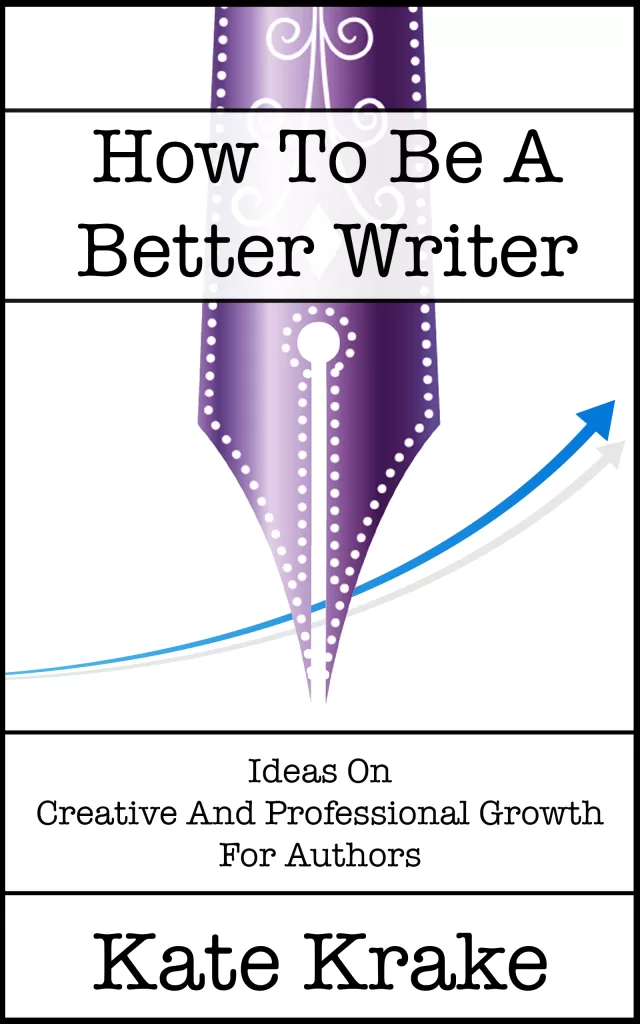Disclaimer. That headline is a lie. There is no cure for imposter syndrome. It’s never going away, and it’s just a part of the author life for a vast majority of writers.
So why would I lie like this? Is there really no cure for imposter syndrome?
First, let’s look closer at the situation.
You write a story. It might be your first short story, it might be your thirtieth novel. You’ve been through that giddy time of the creative cycle where it’s just you and your ideas and everything is bright and sunny and possibilities are endless. You’ve written the story and are approaching the time when it’s time to share it with the world.
Then the voices start….
“It’s not good enough.”
“Who would want to read this?”
“People are going to see I’m not a talented writer.”
“People will think I’m a hack.”
“I should start over with a new, better story.”
“What was I even thinking I could ever be a writer in the first place?”
Another scenario…
You go to an author event. Perhaps you’ve published a book. You know it’s your best work. It’s on shelves, in hands, people are reading it. Perhaps you’re just starting out and you’re at the event to learn from other writers.
You chat to other authors, some of them leagues ahead on the career path.
The voices start.
“I don’t belong here.”
“I’ve never published anything, so I’m not a writer.”
“I’ve only got one book.”
“Everyone else is better than me.”
“People are going to think I’m a fraud.”
These are the voices of imposter syndrome. It’s a feeling like you’re a fake, that you don’t belong, that you’re not good enough to ever belong. It’s an awful feeling.
Most writers (all?) have felt imposter syndrome at one point. For some it’s a mild discomfort, for others it’s a debilitating anxiety and can derail a career before it’s even started.
So, if we can’t “cure” it, how do we manage it?
Accept Imposter Syndrome Is Common
First, understand it’s a common thing – so common it even has a catchy name that has pathologised the experience as a “syndrome”.
It doesn’t just happen to authors either. Imposter syndrome strikes any career and even life outside of work.
Even Michelle Obama experiences imposter syndrome.
Knowing it is such a common experience can help you recognize when you’re in its grips, and help you understand that it’s insignificant.
Ignore It
Seriously? Ignore it?
Once you hear those voices, recognize what your scared inner critic is trying to do to you – protect you! Recognize that you’re experiencing the universal malady that is imposter syndrome and then turn away from it.
Work despite imposter syndrome. This feeling is one of the many guises fear takes. Do you want to let fear dictate and drive your writing and your career? Unlikely.
Accept that imposter syndrome is there and then get on with doing whatever it was you were intending to do. Look around at the authors you admire and understand that they’ve probably felt the same way you do. Then see how they keep going. If they can do it, so can you.
Imposter Syndrome Helps You Focus on You
When you’re in the grip of imposter syndrome, it can feel like you’re waiting for some official to tap you on the shoulder and say “Who are you? What are you doing here?”
Ask those questions of yourself.
Who are you? You’re a writer.
What are you doing? Doing what writers do.
Why are you doing it? Only you can answer this one.
You’ve as much right to call yourself an author and share your work with the world as any other person before or after you. Own that right, and let the experience of imposter syndrome serve as a reminder of your worth.
Get clear on your values and what you stand for, and how your writing fits into all that.
Might Imposter Syndrome Be Telling You Something Else?
It can turn out that imposter syndrome and the fear creating it can be a signal from your intuition. Are you doing the right thing? Are you working toward the right goals?
Of course, the voices of fear can be diabolical tricksters masquerading as your gut instincts. Only through experience and self knowledge will you understand the difference.
Many times in life when we feel fear, including imposter syndrome, and feel like we’re out of our depth, it’s an excellent sign that we are in exactly the right place. We can’t progress or develop as writers or humans if we stay in the safe shallow end of our entire lives. We have to let our feet leave the safety of the ground at one point if we’re ever going to fly. Imposter syndrome can remind us we’re growing.
So, no there is no “cure” for imposter syndrome in that it’s (probably) never going to go away for most people. We can however, render it as insignificant, learn from what our fears are telling us, and then get on with being a writer.
“Whenever I doubted myself, I just told myself to put my head down and do the work. And I would let my work speak for itself.”
Michelle Obama






